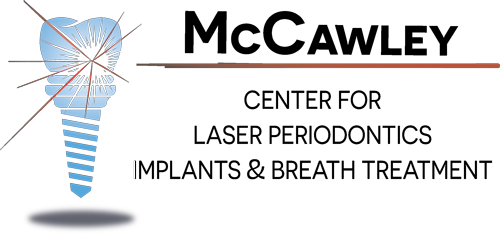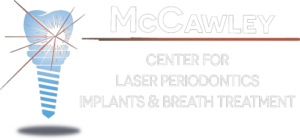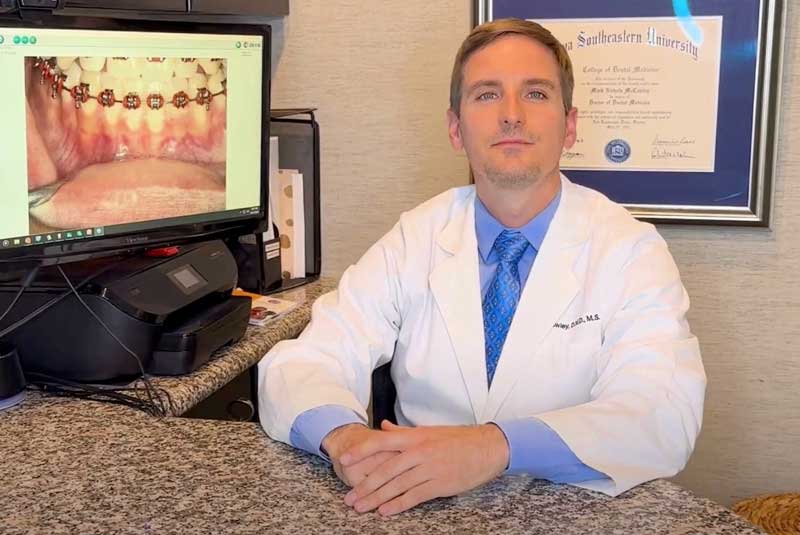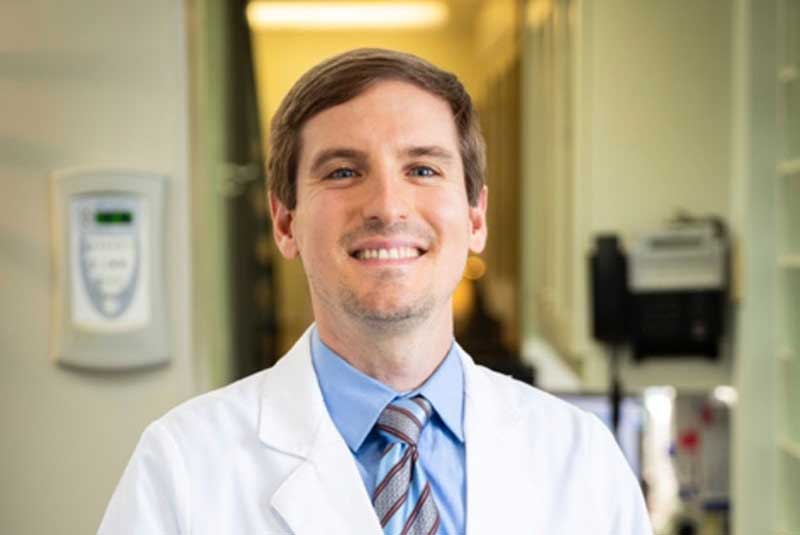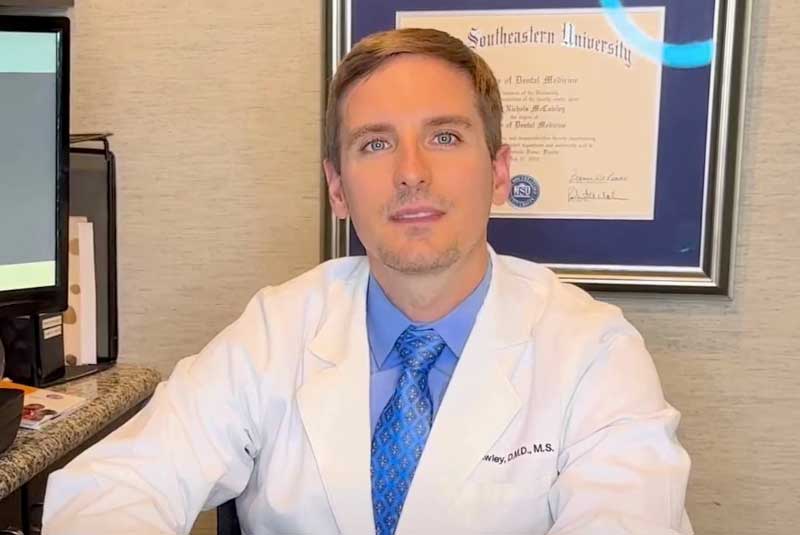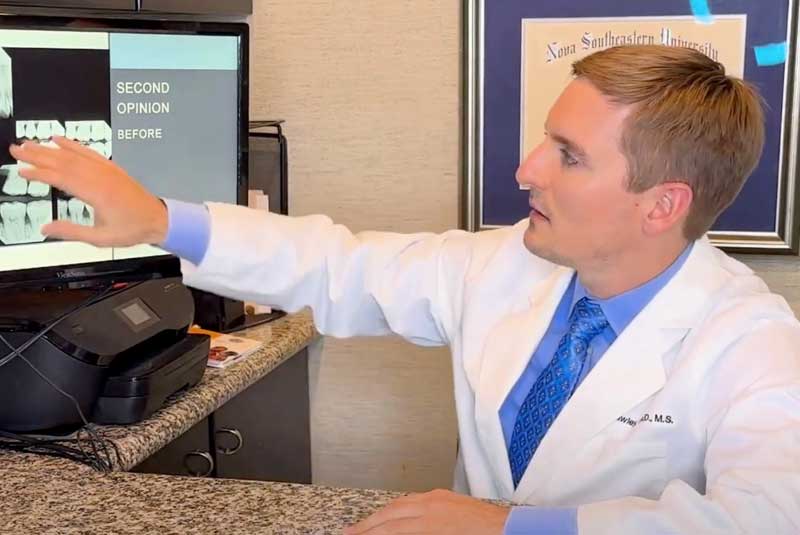Your gums play a very important role in your oral health as well as your overall physical well-being. Gum tissue damaged by injury or illness, including periodontal disease, can become infected and must be treated by periodontists in Ft. Lauderdale, FL. Some people are reluctant to pursue treatment for intermediate and advanced stages of gum disease because they worry that there is no hope for recovery. Dr. Thomas K. McCawley and Dr. Mark N. McCawley both specialize in the management and treatment of all stages of gum disease. If you are concerned about the health of your gums and teeth, resolve to seek treatment in 2016.
Recognize the Symptoms of Gum Disease
Early gum disease is indicated by a few key symptoms. These include:
• Red gum tissue instead of a normal pink
• Gum tissue that is swollen, especially where it meets tooth enamel
• Tender, sensitive gum tissue
• Gums that bleed when brushing or flossing
• Increased tooth sensitivity
Dentists and periodontists can diagnose gum disease with an examination. During this examination the doctor will check to see if gum tissue has receded, and if so, to what degree. Receding tissue is what causes tooth sensitivity. Gums protect the sensitive dentin layer underneath a tooth’s hard enamel exterior. Dentin is quite sensitive, so when gum tissue pulls back the patient experiences dental pain.
Gum Health Affects Your Whole Body
As gums recede, small pockets of infection develop. Any infection can negatively impact your health, but people with heart disease are especially vulnerable because gum disease increases the risk of a heart attack or stroke. This is because clumps of damaged cells can enter the circulatory system from the infected gums, which impedes the transit of blood through the body.
Advanced Gum Disease Treatment
Laser-assisted gum surgery can remove damaged tissue while leaving healthy gum tissue intact. This is a great way to combat a dangerous infection and improve your health. Learn more about gum disease management and treatment by making an appointment with Dr. Mark McCawley or Dr. Thomas McCawley by calling 954-302-7915.
